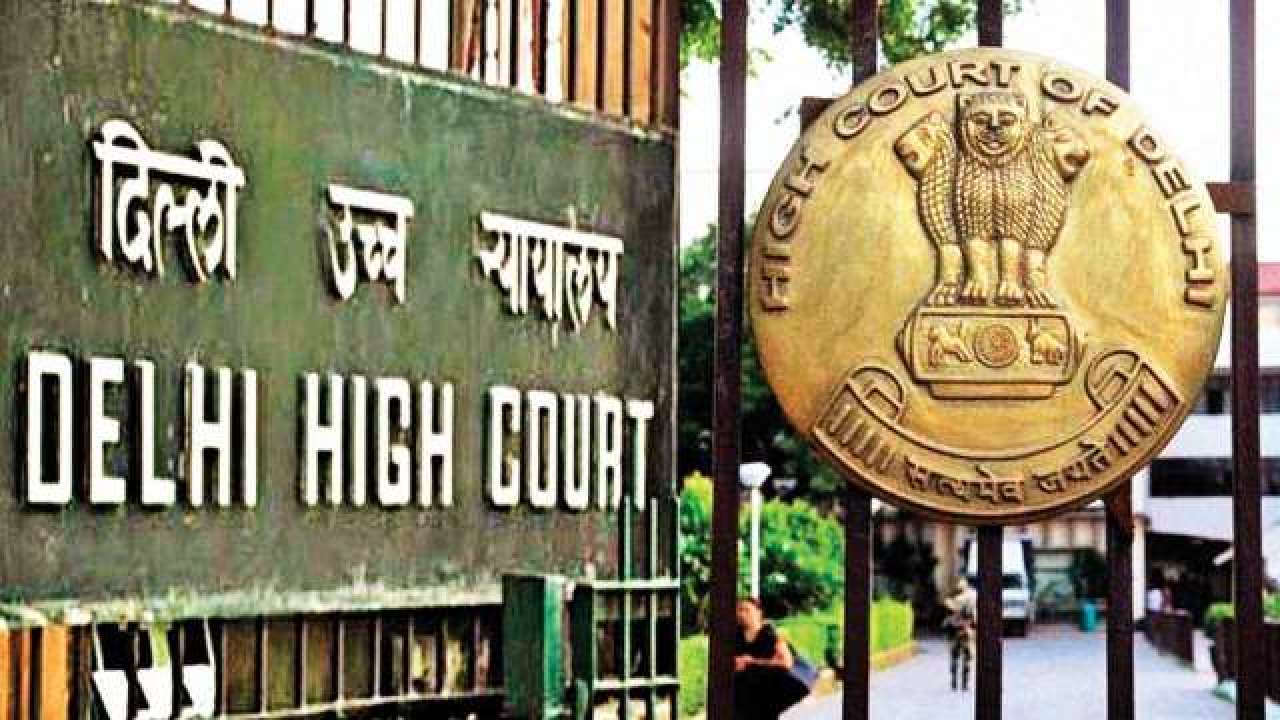Foisting grave provisions of UAPA on people would undermine intent & purpose of law: Delhi HC grants bail to Asif Iqbal Tanha

The Delhi High Court today granted bail to Jamia Milia Islamia student Asif Iqbal Tanha accused under Unlawful Activities (Prevention) Act (UAPA) for allegedly playing an active role in the Delhi riots of February 2020.
The Division bench comprising Justices Siddhartha Mridul and Anup Jairam Bhambhani while granting bail to Tanha observed that on an objective reading of the allegations contained in the subject charge-sheet, “there is complete lack of any specific, particularised, factual allegations, that is to say allegations other than those sought to be spun by mere grandiloquence, contained in the subject charge-sheet that would make-out the ingredients of the offences under sections 15, 17 or 18 UAPA”.
The Court further observed that “Foisting extremely grave and serious penal provisions engrafted in sections 15, 17 and 18 UAPA frivolously upon people, would undermine the intent and purpose of the Parliament in enacting a law that is meant to address threats to the very existence of our Nation”.
Explaining the intent of the Parilament in enacting the UAPA, the bench noted that “the intent and purport of the Parliament in enacting the UAPA, and more specifically in amending it in 2004 and 2008 to bring terrorist activity within its scope, was, and could only have had been, to deal with matters of profound impact on the ‘Defence of India’, nothing more and nothing less. Absent this, UAPA could not have been enacted by the Parliament since the only entries in List-I of the Seventh Schedule to the Constitution that would bring the statute within the legislative competence of the Parliament are Entry 1 read with Entry 93 relating to the Defence of India and offences with respect to the Defence of India”.
The Court further noted that there is no allegation in the charge-sheet that the anti-CAA protest extended even to the whole of the National Capital Territory of Delhi and a perusal of the charge-sheet showed that the protest and the disruptions it is alleged to have caused were restricted to North-East Delhi.
In this regard the bench said “It would therefore be a stretch to say that the protest affected the community at large for it to qualify as an act of terror”.
On the State’s argument that though the subject charge-sheet has been filed, there are some 740 prosecution witnesses which would require more time for trial to begin, the Court said that it hardly thinks this should be the desirable course of action.
“ Should this court then wait until the appellant has languished in prison for a long enough time to be able to see that it will be impossible to complete the deposition of 740 prosecution witnesses in any foreseeable future, especially in view of the prevailing pandemic when all proceedings in the trial are effectively stalled? Should this court wait till the appellant’s right to a speedy trial guaranteed under Article 21 of the Constitution is fully and completely negated, before it steps in and wakes-up to such violation?” questioned the Court.
Further, the Court was of the view that pretrial detention would lead to needless psychological and physical deprivations and would seriously hamper the appellant from participating in and contributing to the preparation of his defence at the trial. The three cardinal concerns against grant of bail pending trial, namely of evidence tampering, witness intimidation and abscondence, can be addressed by imposition of requisite conditions on grant of bail.
Accordingly, the Court granted bail to Tanha subject to furnishing a personal bond of Rs. 50,000 along with two sureties. Tanha has also been directed to surrender his passport and not to indulge in activities that would hamper the investigation.
